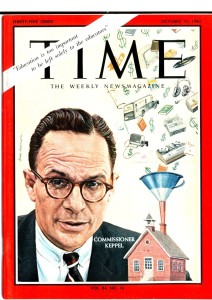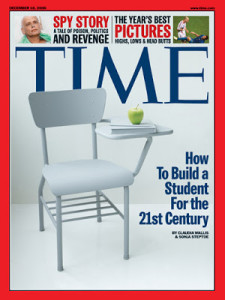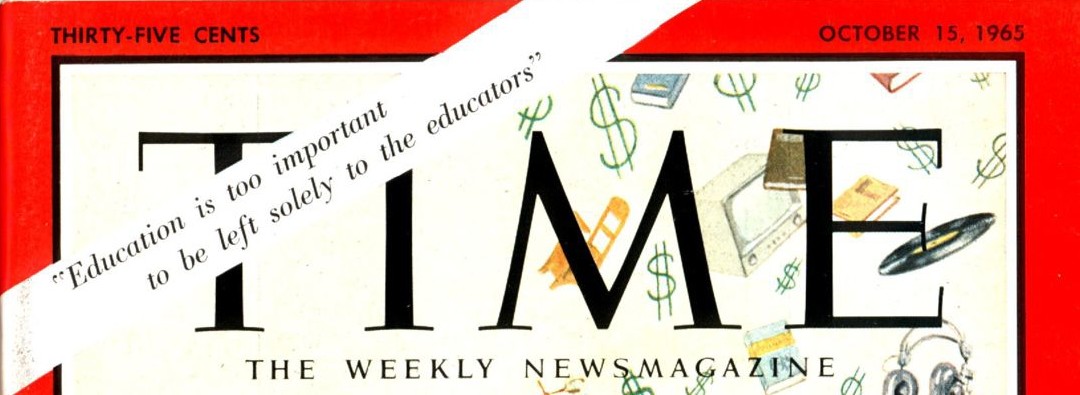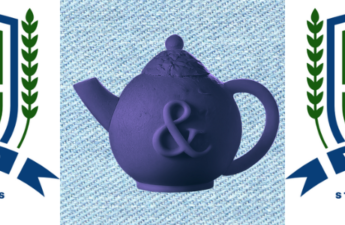 The one thing about which all educators are in agreement is that yesterday’s education no longer suffices for today. The rate of technological change and the development of new information is so great that educators scarcely know what to make of it all, let alone how to get it taught; next week’s scientific discovery can make last week’s textbook obsolete. Even future vocational demands are unpredictable; not long after Los Angeles vocational schools developed a program to train keypunch operators, new machines came along to make the keypunch—and the operators—superfluous.
The one thing about which all educators are in agreement is that yesterday’s education no longer suffices for today. The rate of technological change and the development of new information is so great that educators scarcely know what to make of it all, let alone how to get it taught; next week’s scientific discovery can make last week’s textbook obsolete. Even future vocational demands are unpredictable; not long after Los Angeles vocational schools developed a program to train keypunch operators, new machines came along to make the keypunch—and the operators—superfluous.
from
The Head of the Class, Time Magazine cover story, October 15, 1965
That was then, this is now, getting on for half a century later.

How to Bring Our Schools Out of the 20th Century
Time cover story posted Sunday, Dec. 10, 2006
The story begins:
“There’s a dark little joke exchanged by educators with a dissident streak: Rip Van Winkle awakens in the 21st century after a hundred-year snooze and is, of course, utterly bewildered by what he sees….Airports, hospitals, shopping malls–every place Rip goes just baffles him. But when he finally walks into a schoolroom, the old man knows exactly where he is. “This is a school,” he declares. “We used to have these back in 1906. Only now the blackboards are green.”
“This… story about the big public conversation… will burst onto the front page, when the New Commission on the Skills of the American Workforce, a high-powered, bipartisan assembly of Education Secretaries and business, government and other education leaders releases a blueprint for rethinking American education from pre-K to 12 and beyond to better prepare students to thrive in the global economy.”
According to the report the debate about education should not focus on the back-to-basics achievement obsessions of NCLB but on high level academic competencies and skills for the future. They include:
- Knowing more about the world
- Thinking outside the box
- Becoming smarter about new sources of information
- Developing good people skills. EQ, or emotional intelligence… communication skills, the ability to work in teams and with people from different cultures.”
- Portable skills i.e—“critical thinking, making connections between ideas and knowing how to keep on learning
- Depth over breadth and the ability to leap across disciplines
- New literacies
What might all this mean for PDS?
The message from all quarters is loud and clear: to thrive in a world that is changing with unprecedented speed, the ability to learn, re-learn, be innovative, and remain flexible is essential. Our mission and our values are the steadying compass that enables us to navigate these choppy waters and determine our choices. The compelling vision of the future of the school is the magnetic field drawing us forward. `
One task is to remain undaunted by the challenge of educating children for a world we cannot predict, for challenges we cannot imagine, and jobs and professions that have not been invented. We need to find the center that can hold as things continue to shift, fall apart, and reshape around us.
At PDS, Rip Van Winkle would find school considerably changed. He would be confused by students working independently, or in groups, on projects with teachers as the guide at the side; by tasks with global connections and available to the world via podcast. He would find young people fully engaged in their work and connected to a wider world. He might be surprised by the sheer joyfulness of it all.
PDS is a part of this big conversation about what it may mean to thrive now and in the future.
For an Executive Summary of the report click Tough Choices or Tough Times


